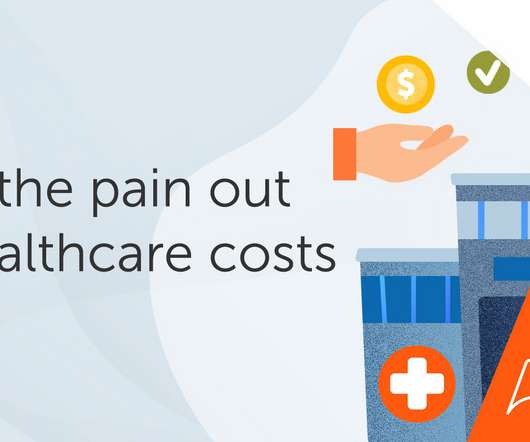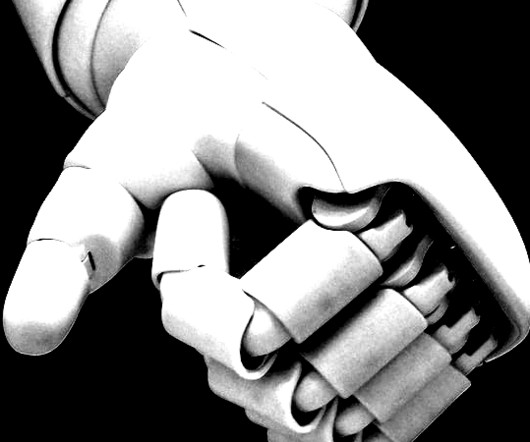The Benefits of Intelligent Automation for Healthcare
Automation Anywhere
NOVEMBER 23, 2021
The healthcare industry processes 30 billion transactions annually, at a total cost of more than $250 billion, according to PwC. Most of these transactions are processed manually. Increasingly, healthcare companies are turning to intelligent automation. The reason for the high expense? Improve quality.












Let's personalize your content